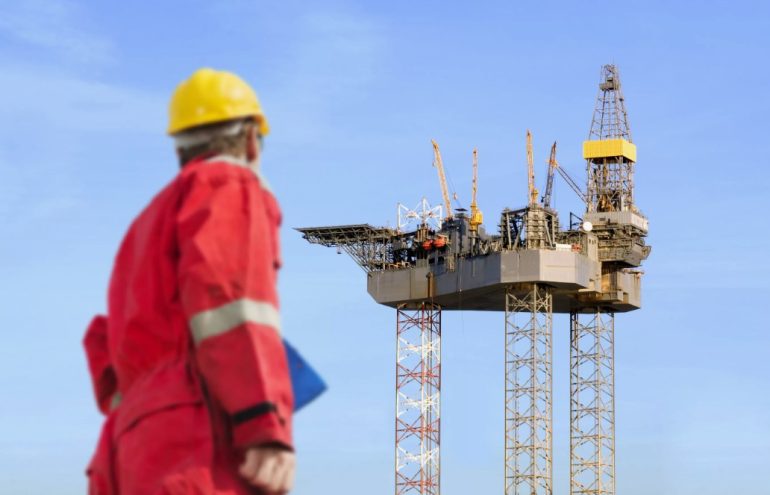
Embarking on the journey from student to a specialist in oil well drilling demands both dedication and a strategic approach to learning. First, it’s essential to recognize the diversity of roles connected to this field and the variety of skills you’ll need. Choosing the right educational path opens doors in a sector where technological advances and environmental safety converge. The route isn’t short, but it’s highly rewarding for those who are persistent and adaptable.
Most future drilling experts start with a bachelor’s degree in petroleum engineering, mechanical engineering, or a related discipline. This foundation introduces students to mathematics, chemical processes, and earth sciences, all vital for grasping what happens underground during drilling operations. Advanced courses delve into topics such as thermodynamics, mechanics, geo-statistics, and well testing. Participating in lab work and field placements makes theory practical and builds genuine experience.
Getting Practical Experience
Internships and shadowing opportunities let students see the daily activities on drilling rigs and engineering offices. Working alongside experienced professionals provides a close-up view of planning, equipment management, and troubleshooting. Entry-level positions often involve assisting on-site with collecting and analyzing data, supporting project planning, and learning how oil and gas wells are designed from scratch.
A drilling engineer may be responsible for managing operations both on land and offshore, designing pathways to the most productive oil or gas reservoirs, and collaborating across teams to ensure environmental safety.
Licensing and Certification
After graduating and gaining initial work experience, many states require specific licenses before you can take on major responsibilities. This typically involves passing professional engineering exams that test your foundational knowledge. Maintaining your license means attending courses and meeting ongoing learning requirements set by state regulations. Additionally, industry organizations offer certifications that showcase your expertise – for example, from the Society of Petroleum Engineers.
Skills You Need for Success
- Attention to detail and analytical thinking
- Problem-solving skills for unexpected challenges on site
- Strong communication within cross-disciplinary teams
- Project management capabilities
- Knowledge of drilling software and technical tools
- Ability to adapt to changing technology
Career Growth and Options
With experience, roles expand to supervising multiple wells and leading safety procedures. Some engineers move into management, others become consultants or specialize in emerging technologies, such as directional drilling or well integrity. New projects often mean relocating, which adds variety to your career and exposes you to different geological environments and cultures.
According to recent statistics, the employment growth rate for petroleum engineers is projected to be substantially faster than average, reflecting how crucial energy exploration and extraction remain in today’s economy.
Networking and Professional Development
Connecting with mentors, joining engineering associations, and attending industry events all help build your reputation and skills. Online platforms and conferences are excellent spaces to stay informed about new developments in drilling operations, equipment, and safety standards. Building a network means you gain insights from experts and discover new job opportunities before they’re widely advertised.
Continuous learning through specialized workshops, advanced degrees, or short courses enhances your professional standing. Staying up-to-date with drilling technologies and engineering practices increases your chances of promotion and project leadership. Exploring related roles—like reservoir engineering, production optimization, or geoscience—broadens your career prospects and makes you indispensable in the energy sector.
For anyone starting as a student, the path to becoming a drilling engineer involves methodical study and hands-on experience. Industry certifications and ongoing education elevate your expertise and create openings for leadership or technical specialization. This profession is dynamic and filled with opportunities to innovate, travel, and contribute to major industry advancements. Pursue it with diligence and curiosity to uncover new horizons in oil and gas exploration.

